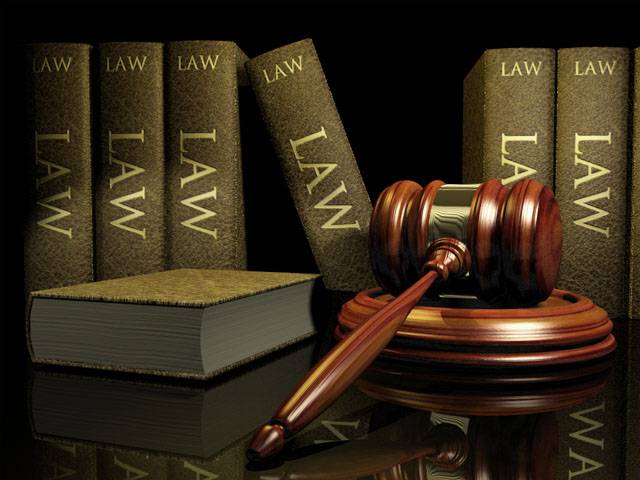Ignorance of law is no defence, we are told by lawyers and judges, upon the assumption that the government usually makes the laws available in a form and language that society can easily access and understand. However, in a recent case, the Supreme Court of Pakistan took judicial notice of the startling fact that the assumption of knowledge does not hold true in Pakistan.
Last February, upon realising that an error in the printing of a widely used book on the law of contracts could have cost billions of rupees to the parties involved in a pending case, the Supreme Court started separate proceedings to address the matter of error-free publication of laws. After several hearings, Justice Jawwad S Khawaja passed an order on February 10th of this year, noting amongst other things that while the laws were properly presented as a unified Code until 1966, “now it appears as if through deliberate effort, the law has been shrouded in a cloak of secrecy.”
Describing the situation as “Kafkaesque”, the court noted that Section 420 of the Penal Code (its second most famous provision) was described as bailable in one book and non-bailable in another. Even more unnerving was the Court’s observation that while India, Bangladesh, and even the British Raj arranged for translation of laws into local languages, no such effort has been made in Pakistan since Independence. The Court observed that where applicable laws were not available, that the law would be abided by was hardly likely.
The Court order reveals that the federal and provincial governments have long given up on making people aware of the laws applicable to them. No wonder then, that most people do not know the law on any personal, commercial or criminal matter until told by a lawyer or government functionary. To make matters worse, even the current governments seem so comfortable with people’s ignorance of law that they have done hardly anything to comply with the Court’s repeated orders for adequate presentation and translation of laws.
It is hoped that the Court will continue to pursue this matter to the best of its ability and that civil society, especially bar associations, will provide the pressure and assistance necessary to open the government’s eyes to this most basic requirement of rule of law.
Friday, April 19, 2024
Rule Of Ignorance

Opposition objects to oath-taking of MNAs amid lawlessness
5:15 PM | April 19, 2024
Electioneering to end on Friday night ahead of by-polls in 21 constituencies
5:14 PM | April 19, 2024
Fawad Chaudhry granted bail in 14 cases related to May 9 violence
5:13 PM | April 19, 2024
British Army chief lauds Pakistan Army's professionalism, expertise
5:12 PM | April 19, 2024
Israeli aircraft fire missiles at Air Force assets in Iran: Report
3:52 PM | April 19, 2024
A Tense Neighbourhood
April 19, 2024
Dubai Underwater
April 19, 2024
X Debate Continues
April 19, 2024
Hepatitis Challenge
April 18, 2024
IMF Predictions
April 18, 2024
Kite tragedy
April 19, 2024
Discipline dilemma
April 19, 2024
Urgent plea
April 19, 2024
Justice denied
April 18, 2024
AI dilemmas unveiled
April 18, 2024
ePaper - Nawaiwaqt
Advertisement
Nawaiwaqt Group | Copyright © 2024





